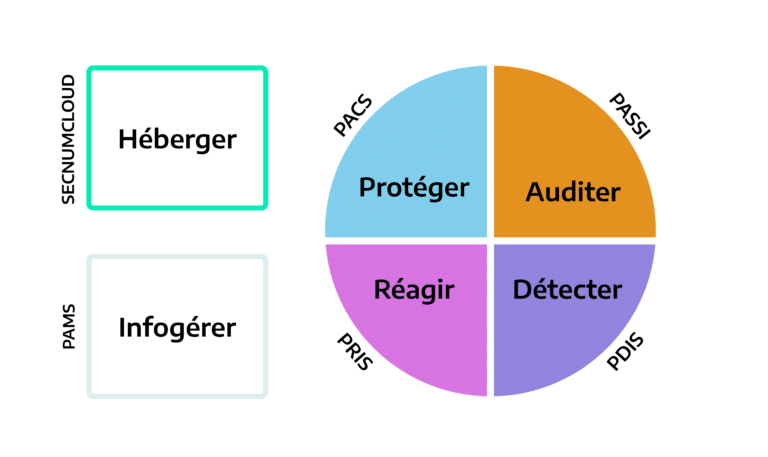Become an expert in propulsion represents an exciting adventure at the heart of technological innovation. The career ofpropulsion engineer requires solid training, generally a Bac + 5, ideally in a engineering school specialized in energy or in aeronautics. This growing profession offers captivating missions ranging from the design of efficient engines to the optimization of propulsion systems. By investing in your academic and professional career, you position yourself for a rewarding and lucrative career in the essential field of aeronautics.

Table des matières
ToggleHow to become a propulsion expert: the ideal path for an engineering career?
Embarking on a career as a propulsion engineer is an exciting and challenging adventure, where science and innovation collide. To become an expert in this specific field of aeronautics and defense, several steps are essential, ranging from formal education to professional experience. This article guides you through the ideal path and the training required to achieve this prestigious profession.
Academic requirements
To pursue a career as a propulsion engineer, it is imperative to start with a Bac + 5 level diploma, generally acquired in an engineering school specializing in energy systems, in aeronautics or in mechanical. A master’s degree in aeronautics can also be an asset. These study programs combine theoretical courses with practical projects, allowing students to acquire the necessary skills in the field of propulsion.
Specialties and options to consider
Future propulsion engineers can choose from various specializations during their studies. Training in mechanical Engineering, automotive engineering And energy provide valuable knowledge in the design and analysis of propulsion systems. It is advisable to move towards accredited programs by professional organizations, which guarantee a high level of training.
Internships and professional experience
To become a true propulsion expert, field experience is essential. Internships and practical projects in companies allow you to apply the theoretical knowledge acquired and develop practical skills. Participate in research projects or industrial collaborations is also recommended, as it exposes students to realistic and innovative challenges.
Key skills to develop
In addition to academic training, some technical skills and soft skills are fundamental to success as a propulsion engineer. Data analysis, the ability to work in a team, and a solid understanding of the physics of propulsion are also crucial. Being able to quickly adapt to new technologies and stay informed of advances in the field of aeronautics is a significant asset.
Professional opportunities and career prospects
Propulsion engineers find opportunities in many industries, ranging from aviation and aerospace to defense and energy. With experience, it is possible to progress to positions of responsibility, such as project manager or technical expert. Salaries in this field are generally very attractive, which is a motivating factor for aspiring engineers.
In summary, becoming a propulsion expert requires a rigorous educational journey, substantial practical experience, and the development of varied skills. This constantly evolving field offers exciting challenges and promising career prospects for those who are ready to make the effort.






















